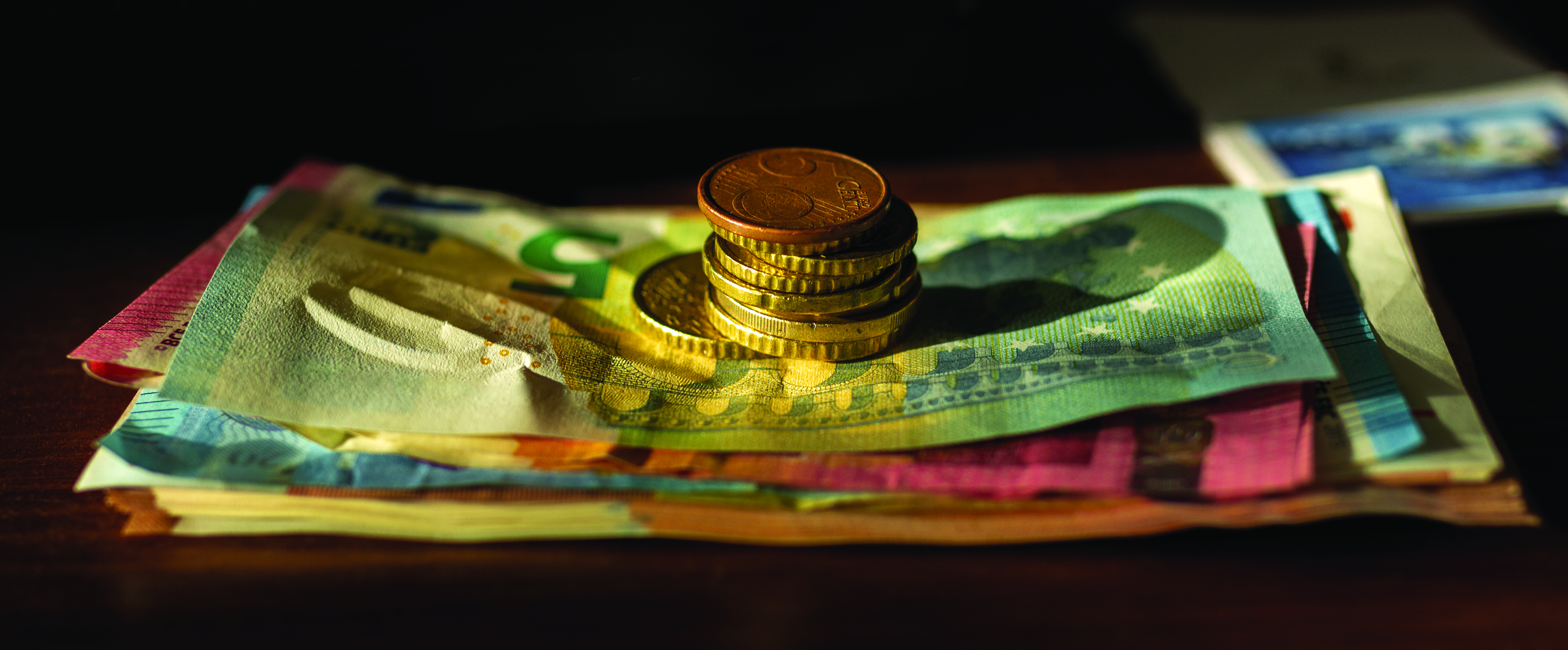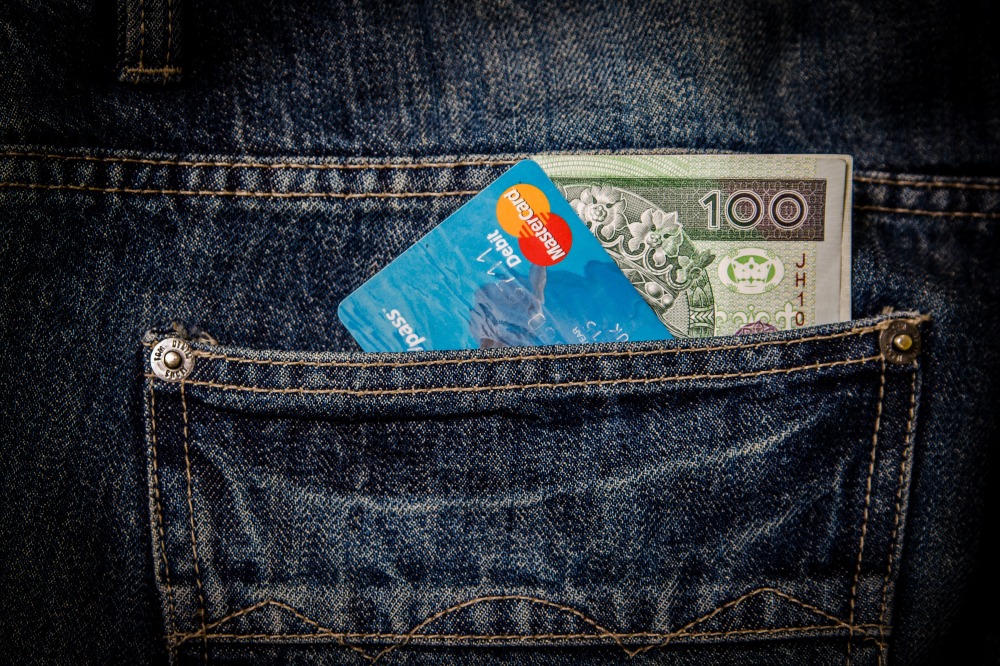If you’re thinking about going on holiday or travelling to different countries, then it’s imperative that you get your travel money and currency sorted. Otherwise, you’ll be left in foreign lands without the right currency to pay for things, which can make life extremely tricky.
There are plenty of different travel money options out there for you to explore. In this blog, we’ll run through your best options.
Dave Beard, Founder of online financial comparison website Lending Expert discusses the pros and cons of each. By the end, you should be able to decide which one makes the most sense for you.

Pre-paid travel money cards
A prepaid travel money card is essentially a card you buy and load with foreign currency before your trip. The card then functions as a typical credit or debit card in that you can use it to make purchases while abroad. This helps negate the need for you to bring a massive bag of cash with you on holiday, which can easily be lost.
Pros
One of the major pros of travel money cards is that they’re not linked to your bank account, which means you’re protected from fraud if the card does go missing on your travels. What’s more, you have absolutely zero foreign-exchange fees on any purchases you make while abroad. This is often not the case if you just used your regular credit/debit card.
Another key advantage is that you receive fixed exchange rate fees on the card. Whenever you load it with the foreign currency, the rate stays the same from that point on, which can help you in events when the rate falls, and you may lose money when changing it back to sterling.
Cons
One slight negative is that you can only get prepaid travel money cards in sterling, euros, and US dollars. So, it’s not an option for anyone travelling to places that don’t use these travel currencies.
There are also a lot of potential fees and charges enforced by travel money card providers. This includes application fees, monthly fees, top-up fees, transaction fees, and using the card to make a cash withdrawal overseas fees.

Travellers cheques
These cheques come with fixed amounts of foreign currency which can be used to make payments abroad or be exchanged for cash. They can be used to make purchases that cost less than the value of the cheque, and then you get given change in the local currency.
Pros
A key advantage of traveller’s cheques is that they’re a safer travel money option than cash. This is because you can cancel the cheques if they’re ever lost or stolen. Plus, you have the benefit of being able to convert them to cash, so you effectively get the benefits of cash with some added insurance.
There’s also the benefit that you don’t need to carry large amounts of cash with you – one cheque can equate to a good few notes.
Cons
There are some negatives to talk about here, the primary one being that they’re hardly the most convenient travel money method out there. It can be hard to find people that accept your traveller’s cheques for you to exchange them for cash. Often, your only option is to head to the nearest local bank to exchange them.
What’s more, the exchange rates are generally worse than the ones you get with travel cards, so a lot of people don’t see them as a cost-effective option. Add to this the fee you pay when you buy the cheques, and also the commission you’re charged when they’re used.
Bringing local cash with you
This is arguably the most common way of dealing with travel money. You go to a bank or bureau de change and change your sterling into the foreign currency of your choice. You take all your cash with you in notes and coins, then use it to make payments while you’re abroad.

Pros
The best thing about cash is that you can get it in pretty much any currency on the planet. The likes of traveller’s cheques and prepaid cards are only available in major currencies, but your options are wide open here.
Cash is also the easiest way of budgeting your money as you can literally split it up or lock some of it in the hotel safe each night to ensure you don’t spend more than a specific amount. Furthermore, you have no fees on purchases to worry about, and there are no exchange-rates to deal with while you’re abroad as well.
Cons
The obvious downside is that there’s very little protection if your cash gets lost or stolen, whereas other methods offer plenty of protection for you.
Plus, the exchange rates you get are usually never the best, and you always lose money if you don’t spend all the cash and want to transfer it back into sterling.
Using your credit or debit card
This final idea is using your regular bank card to pay for things or get money from local ATMs. It’s a simple concept, but is it right for you?

Pros
A very convenient way of paying for things and you may get credit card protection if things go wrong as well.
You don’t have to go through an application like you do with travel cards or cheques, and there’s no need to hunt around for the best exchange rate like with cash.
Cons
You get hit with exchange-rate fees on every purchase you make, and there can also be additional fees for making foreign purchases or withdrawing money as well.
What’s more, it’s probably the worst method if you want to budget and keep track of your spending while on holiday!
Conclusion
To summarise; you have some great options at your disposal here, and they’ve all got some good and bad aspects of them. Often, the best option is to use a combination of the methods listed above. Perhaps bring a travel card, but then have some cash as a backup in case you spend all the money on the card. Either way, assess your options before making your decision, you’ll find further in-depth information on the holiday money guide we’ve written on Lending Expert by clicking here.
Source Link:- https://www.femalefirst.co.uk/travel/travel-money-tips-abroad-travellers-cheques-credit-debit-cards-foreign-currency-1157615.html






